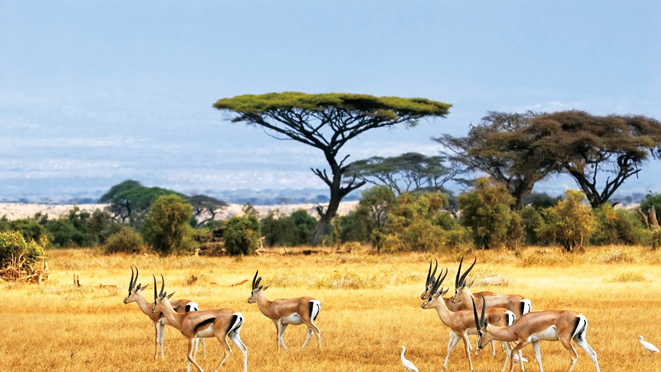Savannas are a crucial terrestrial biome. They are typically more sensitive to changes in precipitation than other biomes.
Therefore, precipitation declines are expected to impact their carbon sequestration ability. However, no studies have assessed the effects of precipitation declines on the productivity of savannas in China, and quantifying savannas’ productivity variation under precipitation declines is critical.
Recently, researchers from the Xishuangbanna Tropical Botanical Garden (XTBG), Chinese Academy of Sciences conducted a field precipitation manipulation experiment in Yuanjiang savanna ecosystem in Yunnan to reveal the impacts of precipitation declines on the productivity of savanna ecosystems.
They used a four-year dataset to explore the response of net primary productivity to precipitation exclusion (PE) across different plant functional types. Their results showed that precipitation exclusion significantly reduced the total net primary productivity (NPP) and NPP of trees, shrubs and litterfall in the savanna ecosystem. They also observed contrasting NPP responses to declines in precipitation between the perennials and the annuals, with a decrease in the NPP of the perennials and an increase in that of the annuals.
In their study, precipitation declines affected plant growth and caused shifts in community dynamics, both leading to variation of ecosystem productivity.
“Our findings have a crucial implication that ongoing climate change and especially declines in precipitation will accelerate the loss of production, drive changes in carbon accumulation, and substantially alter ecosystem functions and services in savannas worldwide”, said ZHANG Yiping, principal investigator of the study.
Their paper entitled “Response of net primary productivity to precipitation exclusion in a savanna ecosystem” has been published in Forest Ecology and Management.


